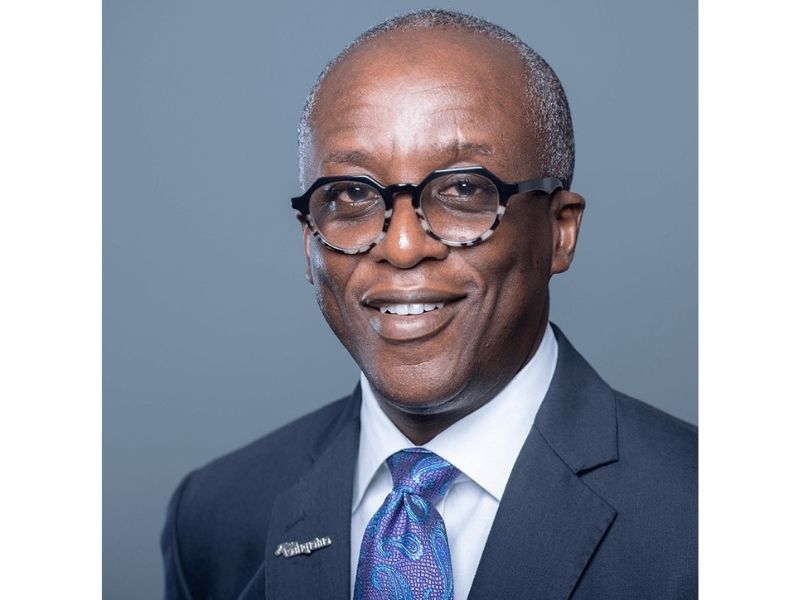Power utility companies in the country have proposed a huge jump in their distribution service charge for consideration by the country’s utility regulator, the Public Utilities Regulatory Commission (PURC).
The Electricity Company of Ghana (ECG), which is responsible for power distribution in southern Ghana, has proposed 148 per cent for its Distribution Service Charge 1, and 28 per cent for Distribution Service Charge 2, while the Northern Electricity Distribution Company (NEDCo), which is responsible for Bono and Northern Ghana, has proposed 113.4 per cent for Distribution Service Charge for the year 2022.
The ECG also proposed an average increase of 7.6 per cent in Distribution Service Charge (DSC) over the next four years. Both utility service providers defended that the inadequate approved tariffs, mainly the Distribution Service Charge, have made it difficult for them to survive the numerous challenges, including unstable macro-economic variables such as inflation and exchange rates; increase in the world market prices of distribution inputs; increased cost of operations due to rapid customer growth, and high cost of power procurement.
“The investment plan from 2022 to 2026, and the ongoing projects have been factored in this proposal. This is based on the selection of committed and feasible projects to be implemented within the tariff period. The total cost of all three categories of investment is US$1.51 billion.
“Out of the total planned investment cost of US$959.85 million, the amount incorporated in this tariff proposal is USD839.09 million. This excludes the cost of electricity access projects
(US$33.5m) and 10% contingency (87.26m),” ECG explained.
While ECG is justifying its proposed increase in Distribution Service Charges based on planned projects for network expansion, loss reduction, improvement in operational efficiency (including revenue mobilisation) and system reliability for the next five years costing US$1.51 billion, NEDCo, on the other hand, said its operations are very sparse with a long distribution network with a very limited number of Special Load Tariff (SLP) customers (0.01%).
According to NEDCo, the quality of customers within its jurisdiction does not provide NEDCo with the needed revenue to cover at least its fixed and direct variable costs.
It added the procurement of Capital Expenditure items for distribution network expansion, consumer connections, meters and information technology infrastructure is mostly denominated in forex.
The power distributor said the variable cost per unit in 2022 is expected to be GHp49.14 and the fixed cost per unit for the same period is also projected to be GHp18.03, totalling GHp67.17.
“To enable NEDCo to recover, at least, its cost of service and fixed cost, NEDCo proposes GHp67.1650/kWh for Distribution Service Charge for the year 2022, representing 113.0% of the prevailing distribution service charge,” it said.
NEDCo planned projects for the next five years, spanning 2022 to 2027, will cost about US$183.33 million. To be able to surmount the challenges facing NEDCo, it said various projects have been planned for future implementation when money becomes available.
Among some of the projects is the Tamale Metropolitan Area Split Smart Pre-Payment Meters project (costing US$26.131m), Procurement of Distribution Materials (costing US$1.438m), Construction of Lamashegu Primary Substation (costing US$9m), 100km conductor upgrade (US$1.287m), Streetlights Metering Project (US$25m) and the Kexim Project (US$112.6m).










